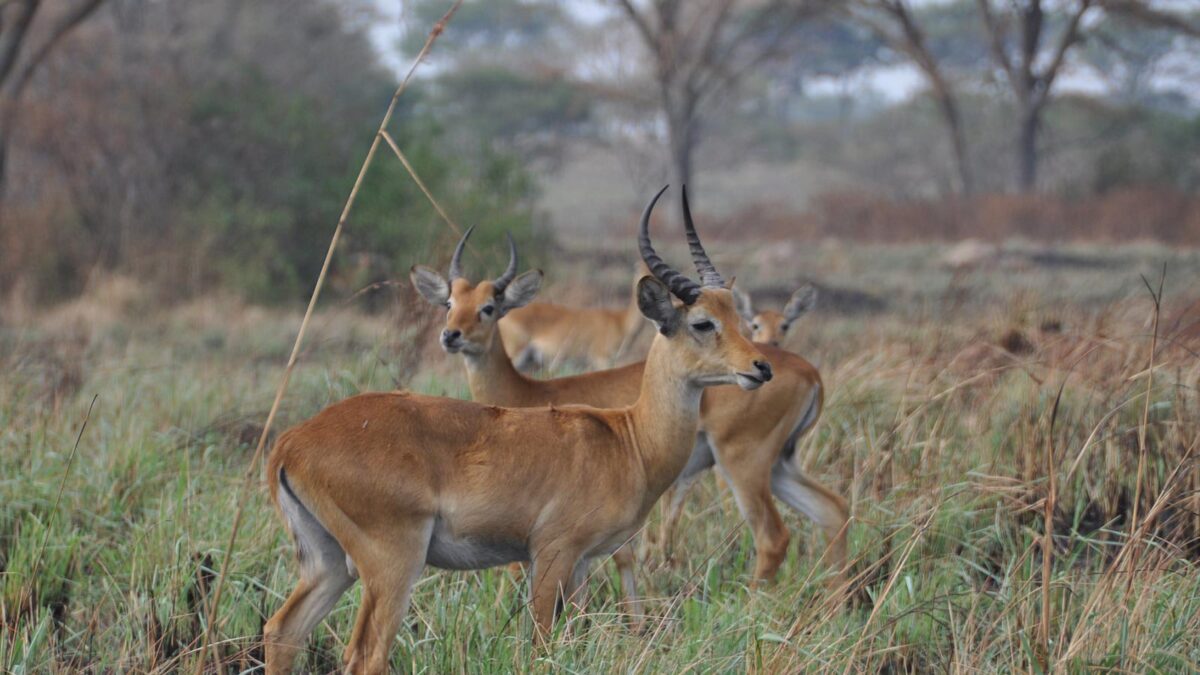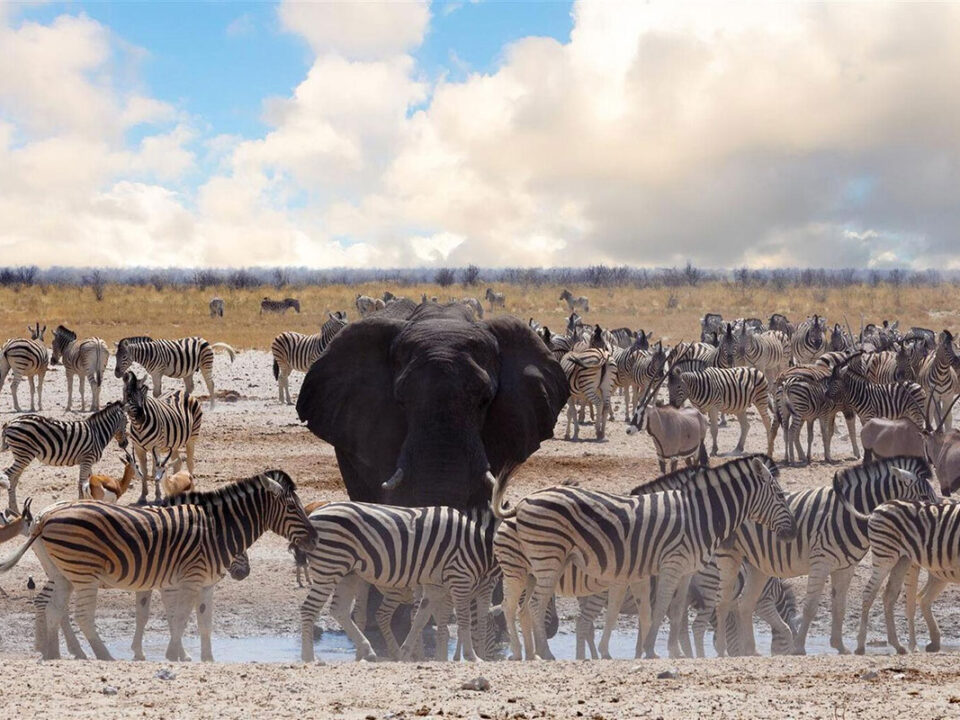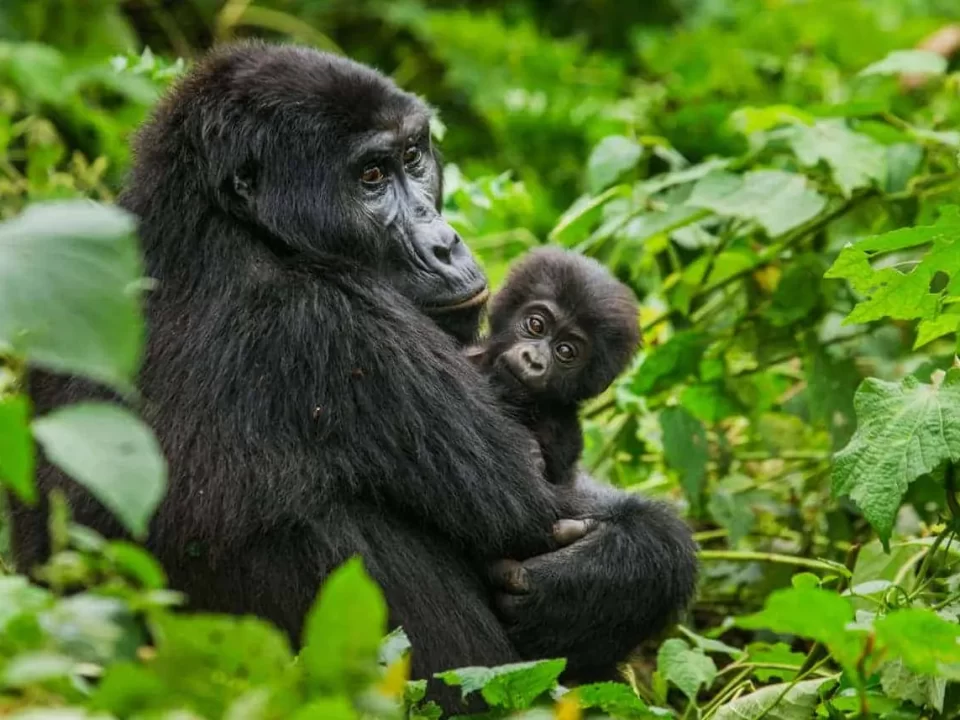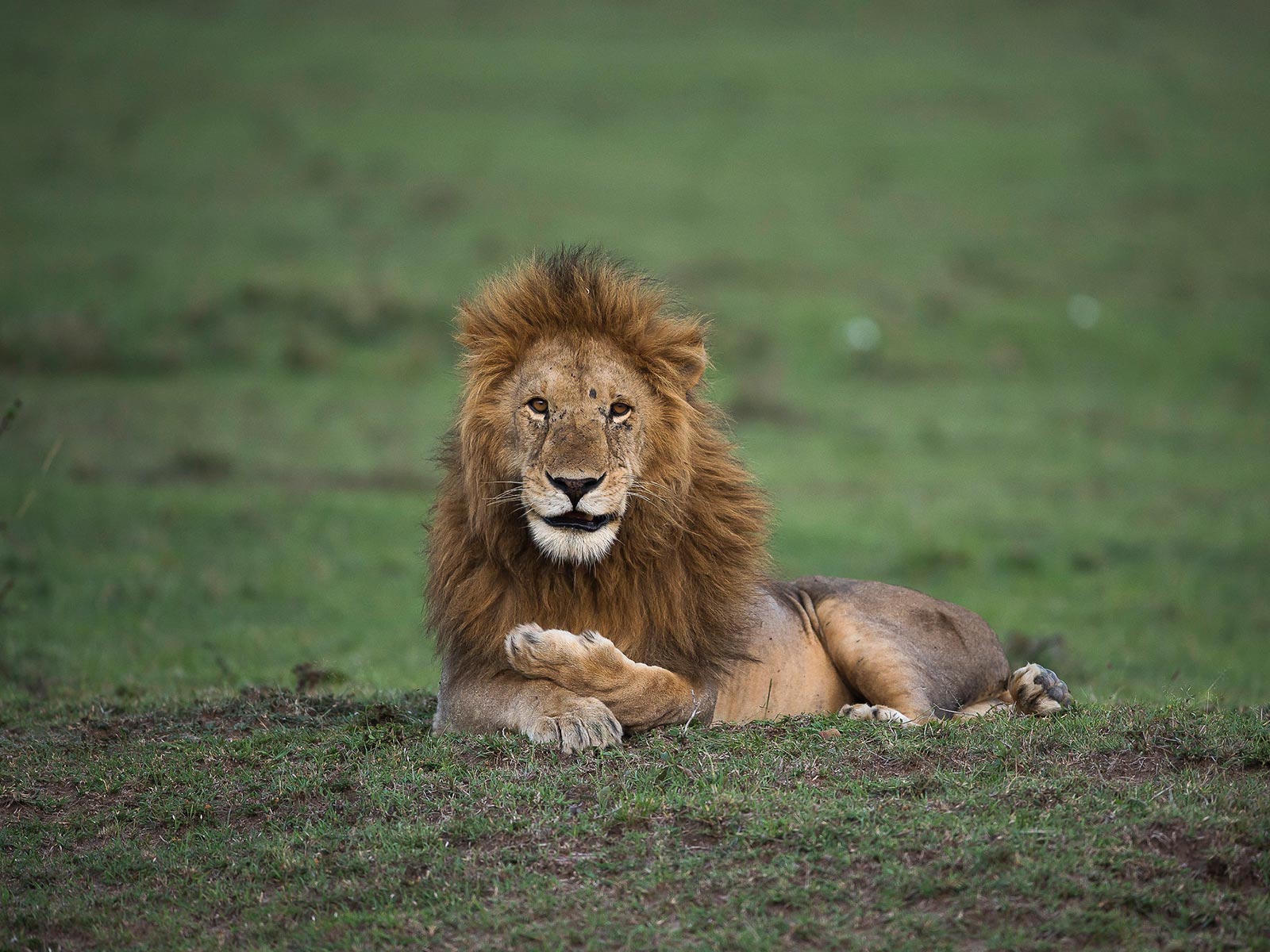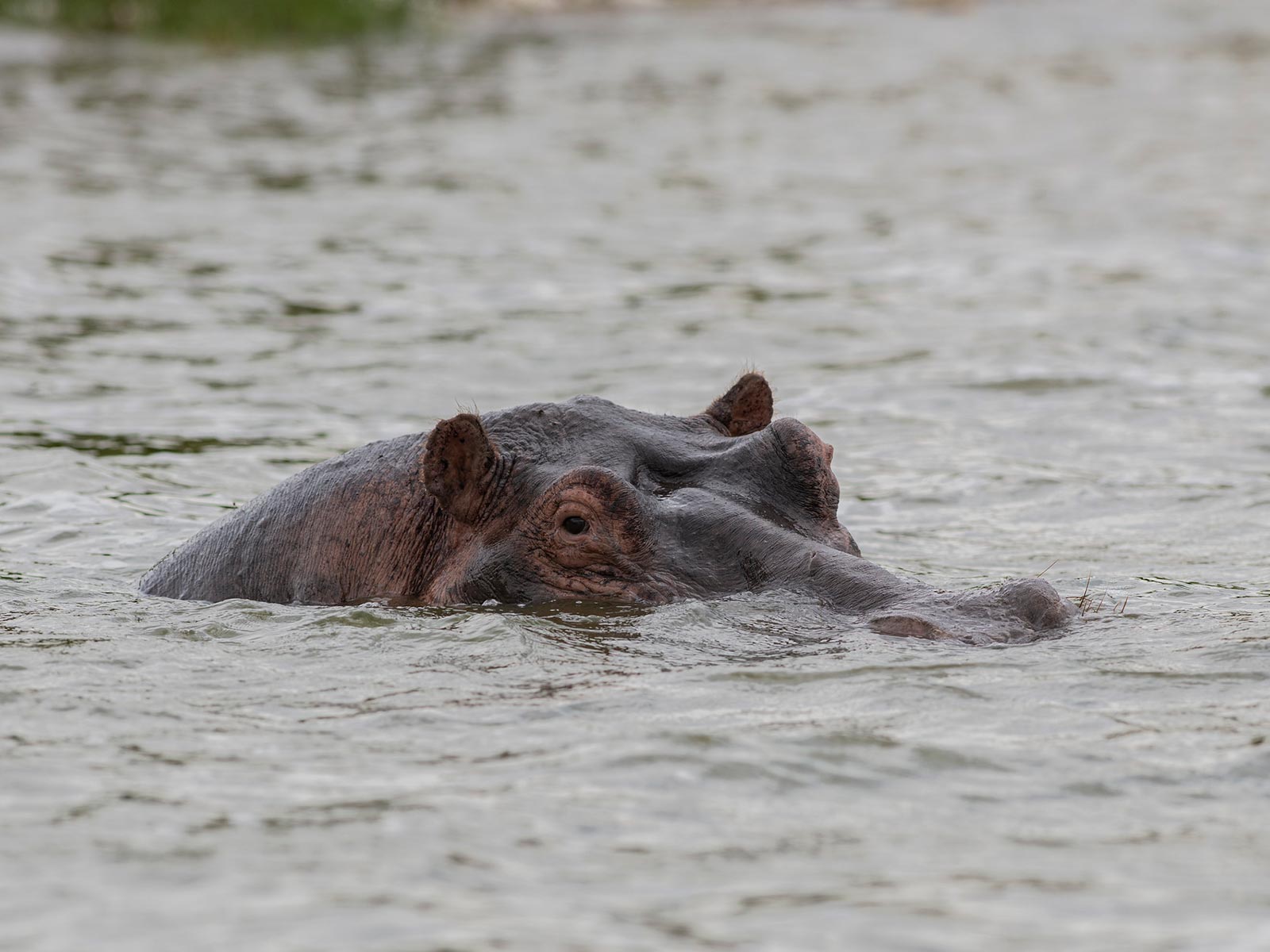Uganda Safari in July: The Optimal Time for Safaris
Embarking on a Uganda safari in July proves to be a splendid choice, as this month experiences low rainfall, creating favorable conditions for safaris and Gorilla tracking adventures in southern Uganda. National parks like Queen Elizabeth National Park and Murchison Falls National Park become prime locations, with animals congregating around water sources, enhancing visibility for wildlife enthusiasts.
July marks the opportune time for Gorilla trekking, benefiting from mostly dry weather that makes hiking paths more manageable. While it’s a popular travel month, planning ahead by booking Gorilla tracking permits and accommodation is essential.
Due to Uganda’s equatorial climate and the unique weather patterns around Lake Victoria, the country is a year-round tourist destination. Nevertheless, July stands out as one of the best months to visit, aligning with the dry season. With warm temperatures and minimal rainfall, the climate is at its peak, ensuring accessibility to all activities. Despite peak season correlating with higher prices, the ease of trekking conditions makes July a preferred time for travel.
Temperatures soar during gorilla tracking in July, intensified by the exertion of trekking. It’s advisable to wear longer (yet lightweight) trousers and sleeves in the forest. In other parts of the country, temperatures are slightly cooler, especially around Lake Victoria due to its elevated location. Mornings and late evenings may still have a chill, so having extra layers on hand is advisable.
Even though children under 15 cannot partake in Gorilla tracking, July remains an excellent time for a family safari holiday in Uganda, offering a plethora of alternative safari options.
Is Uganda Safe?
Uganda, in general, is considered a safe and stable country, but there are some precautions to keep in mind.
In cities and towns, exercise the same precautions as you would anywhere: avoid flaunting valuables, stay vigilant of your belongings in crowded places, and refrain from leaving valuables in the car. Caution is advised when walking or driving at night.
Political demonstrations in cities can escalate, so it’s best to avoid them.
Uganda has a high rate of road accidents, especially on unpaved and potholed roads. If on a self-driving trip, exercise caution, avoid driving at night outside main towns, and ensure your vehicle is equipped with a spare tire and necessary tools.
For more information about a Uganda safari in July, reach out to Trek Africa Expeditions for comprehensive assistance in planning your African safari to Uganda.

